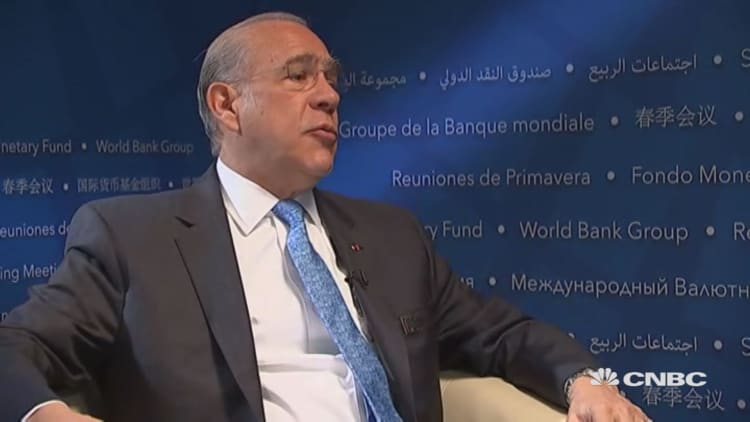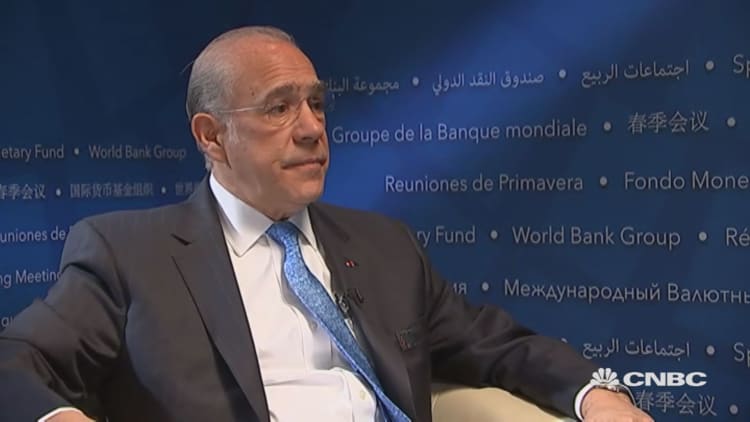
The Panama Papers scandal highlights how much progress the world has made in combating tax havens, the head of the Organisation for Economic Co-operation and Development (OECD) told CNBC on Friday, warning that Panama would face "consequences" if it did not improve.
"It shows how much progress we have made because it shows also that the tolerance (for tax havens) is very dramatically reduced. And also the fact that it shook everybody up (shows that) now it is an exceptionality rather than the rule," Angel Gurria, the secretary general of the OECD, said in Washington D.C.
The OECD is an influential international organization to which 34 mostly major economies belong. Panama, a small country in Latin America, is not a member.
The so-called Panama Papers have exposed more than 11.5 million financial and legal records and revealed the heads of states and other public figures around the world that are sheltering wealth offshore.
The leak came from Panama-based law firm Mossack Fonseca.
On Thursday, the OECD published a report stating that a number of countries were yet to implement international tax transparency standards that were agreed in 2009.
Panama, along with Bahrain, has refused to commit to new standards that are due to come into effect in 2017 and 2018.
"Panama had been the last holdout, if you will, of the large financial centers," Gurria told CNBC on Friday.
The OECD noted the limited availability of accounting records and ownership information for private foundations in Panama, as well as its unresponsiveness to requests from other countries for tax exchange agreements.
Gurria expressed hope on Friday that Panama would commit to higher standards in the wake of the leak.
"I would like to think that this accident, this incident — the silver lining of it is that now Panama will join the rest of mankind," he told CNBC.

He hinted that Panama-based companies might ultimately face sanctions if their country did not adopt higher standards.
"In the end, it is their call and if they join — very good. If they don't, they'll be some consequences," Gurria told CNBC.
"There could be constraints put on, or sanctions put on, to companies and therefore indirectly to the country," he later added.
Offshore accounts are a traditional way for the wealthy to diversify the location of their investments, benefit from lower tax rates or enjoy lower regulatory oversight.
The prime minister of Iceland and Spain's acting industry minister have resigned in the wake of the Panama Papers. Both former ministers were linked to offshore companies, but deny wrongdoing.
CNBC has been unable to independently verify the allegations.



